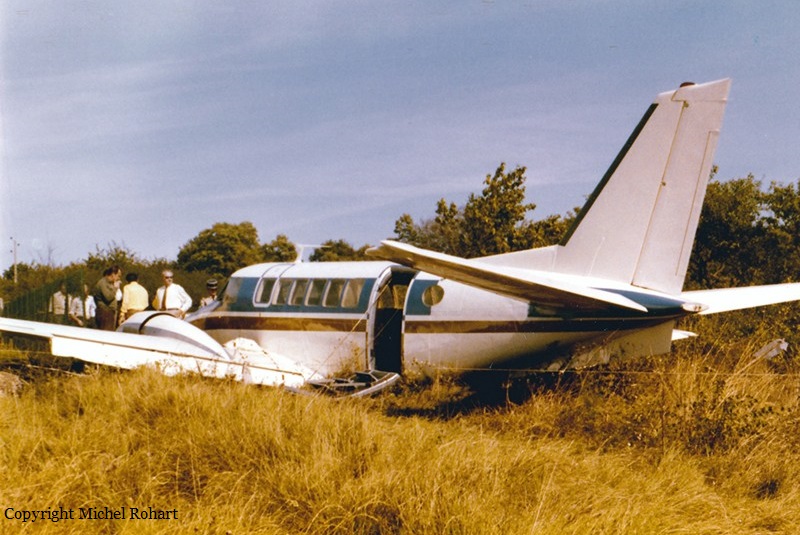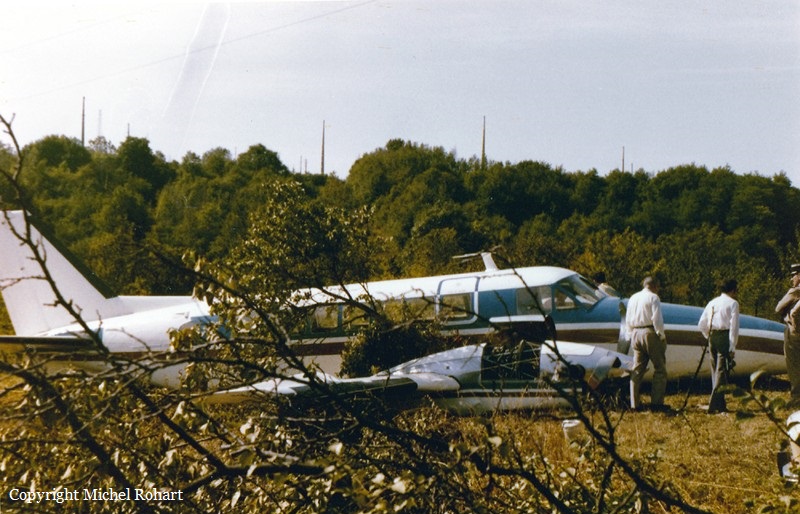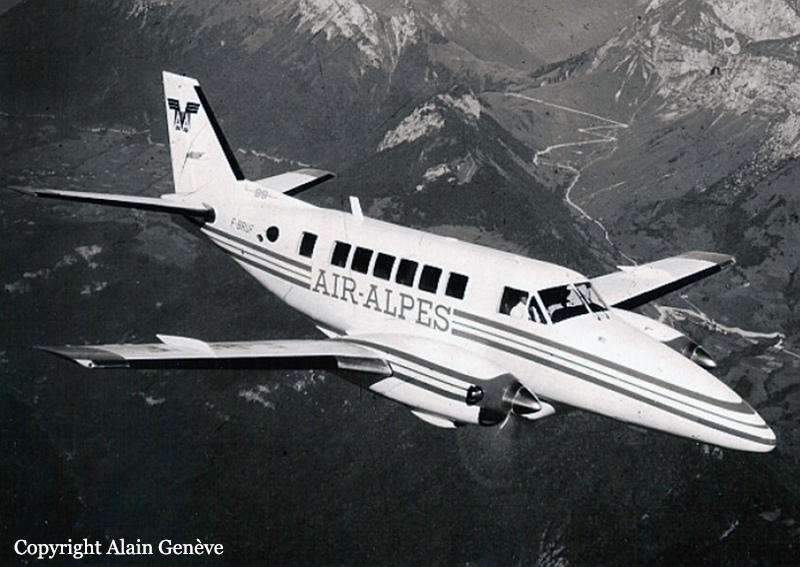Crash of a Beechcraft 99 Airlines in Galveston: 6 killed
Date & Time:
Apr 30, 1974 at 1347 LT
Registration:
N853SA
Survivors:
Yes
Schedule:
Galveston - Houston
MSN:
U-41
YOM:
1968
Crew on board:
2
Crew fatalities:
Pax on board:
10
Pax fatalities:
Other fatalities:
Total fatalities:
6
Captain / Total hours on type:
129.00
Circumstances:
Shortly after takeoff from Galveston-Scholes Field Airport, while in initial climb at an altitude of 400 feet, the airplane became unstable, lost height then crashed in a field past the south runway end. A pilot and five passengers were killed while six other occupants were seriously injured. The aircraft was destroyed by impact forces and a post crash fire.
Probable cause:
Uncontrolled descent after takeoff following an inadequate preflight preparation on part of the crew. The following factors were reported:
- Lack of familiarity with aircraft,
- Misused or failed to use flaps,
- Gust locks engaged,
- 10 minutes behind schedule,
- Passengers not briefed concerning emergency evacuation procedures,
- Trim stab on standby position,
- No foam available from the fire truck,
- The captain had only three hours flight during last 90 days.
- Lack of familiarity with aircraft,
- Misused or failed to use flaps,
- Gust locks engaged,
- 10 minutes behind schedule,
- Passengers not briefed concerning emergency evacuation procedures,
- Trim stab on standby position,
- No foam available from the fire truck,
- The captain had only three hours flight during last 90 days.
Final Report:










